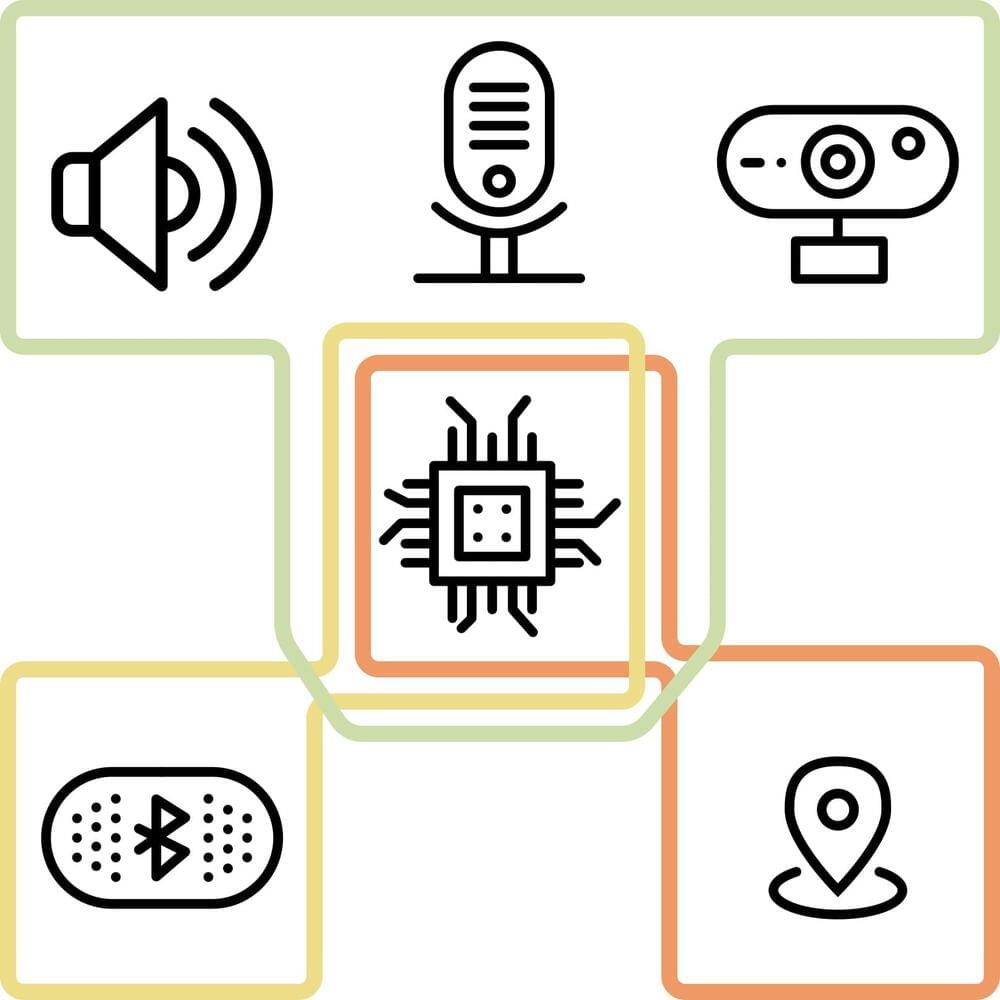In recent years, many smartphone users have become concerned about the privacy of their data and the extent to which companies might have access to this data. As things stand today, the applications that users can run on their phone and what they can do with these applications is determined by a few big tech companies.
Researchers at ETH Zurich have recently set out on a quest to change this current trend, through the development of a new smartphone architecture called TEEtime. This architecture, introduced in a paper pre-published on arXiv, allows users to flexibly choose what resources on their smartphone they will dedicate to legacy operating systems, such as Android or iOS, and which they wish to keep for their own proprietary software and data.
“This work was inspired (in part) by our experiences in developing (Swiss) contact tracing applications, where we quickly noticed how limited we are as researchers/developers in accessing some basic services on ‘our’ phones,” Srdjan Capkun, one of the researchers who carried out the study, told TechXplore.










Comments are closed.